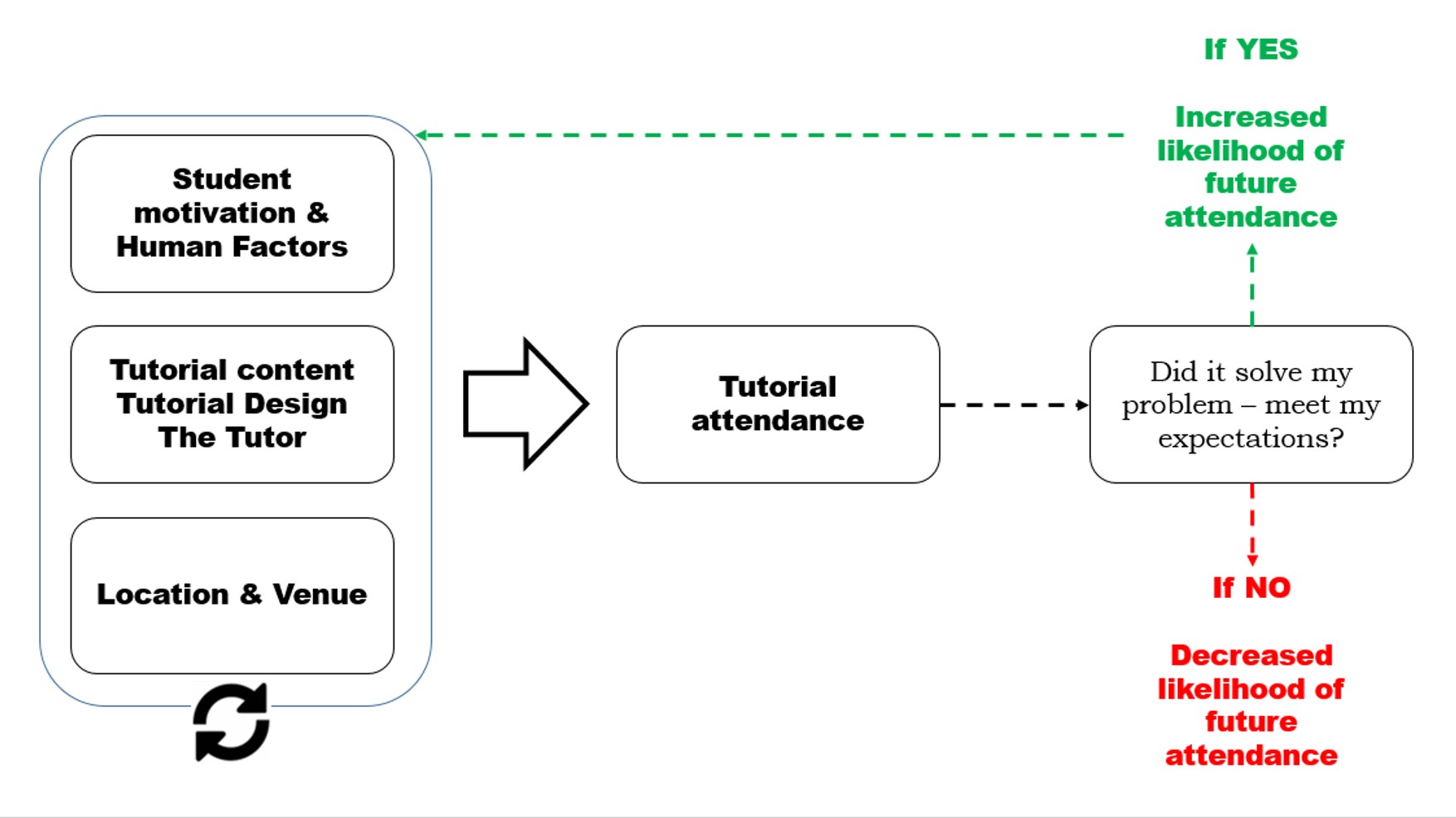Most modern organisations are drowning in information but often short on knowledge. And as we all know, without knowledge, there is no meaningful learning or action. Therefore, it is wise for senior leaders to seek knowledge before taking action. I wanted to share what effective knowledge-seeking behaviour from leadership teams looks like.
The Situation
Some years ago, I was working with a senior leadership team (SLT) in a distance-learning university and had been asked to sit in on the SLT meeting, listening, watching, and contributing as I saw fit. At one point, the leadership team was being asked which face-to-face tutorial locations should be closed or moved from a long list. Distance learning organisations sometimes operate hybrid models of both on-screen and face-to-face learning. Research suggests that when designed right, this blended mix improves engagement and consequently learning. And it can be quite a significant expenditure institutionally. From the SLT discussion, it was clear that student attendance at these tutorials was decreasing.
The Question
This piqued my curiosity, and it was at this point that I asked the SLT what they knew about ‘who was attending, who wasn’t attending, and why?’ The discussion that followed made it clear that, while some disparate bits of work had been done, nothing comprehensive had been carried out that would help them make informed operational decisions.
The Proposal
I proposed to the group that a rapid piece of field research (using Vanguard Method and Systems Thinking design and analysis) be conducted on two different modules for two different qualifications (the popular high volume ones) to gain knowledge and answer who was attending, not attending, and why. And what was learned could form the basis for a useful strategy for action. The SLT agreed and expanded this to include on-screen tutorial attendance and also those who accessed course materials. Additionally, it was an opportunity to get another perspective on venue quality. I was asked to plan and conduct the research, working with technical teams, faculty leaders, and teaching colleagues.
Months of rapid activity
This led to rapid fact-gathering across a range of areas. Data drawn-down from IT systems, conversations with product owners, discussions with tutors and simultaneously visits to tutorial venues across the country. Long days of viewing data and transforming it into a systems perspective. And within months, what emerged was a holistic and systemic evidence-based view of what was happening.
The factors making-up Tutorial Attendance

Some factors that make-up tutorial attendance in a Venue
Within Months the Senior Leadership Team had all the knowledge required to make good decisions
The Factors Making Up Tutorial Attendance
Within months, the intervention had yielded the Senior Leadership Team with all of the data that would lead to informed decisions, including a framework for gaining knowledge.
An end-to-end module view of attendance in a geography
- An end-to-end integrated module view of face-to-face, onscreen, and materials tutorial attendance
- Who was attending face to face and onscreen and who wasn’t attending anything
- An empirical human factors view of attendance and non-attendance
A view on the interrelationship between attendance and design
- Highlighting instances where tutorial design influenced attendance
- What good design might look like from a student point of view
The role that Location and Venues play in attendance
- How venue choice can critically undermine Student attendance
- How tutorial location influences student human factors
- Understanding of current quality of Tutorial venues
- How often venue rooms booked met tutorial requirements
Future options and experiments
- An experiment with tutorial venues that could provide significant increases in tutorial attendance
- How different tutorial designs could influence increased attendance (and what to avoid)
- A new module (and qualification) design for course administration software that provide tutors, course designers with the information that need to intervene
Conclusion
The Senior Leadership Team’s desire to ‘get knowledge’ had resulted in visibility of venue suitability and quality, evidence and data on who was attending on-screen and face-to-face and why, visibility of some of the rules encoded into the technology, and some further mini rapid experiments to conduct to see if tutorial attendance could be improved (by better meeting student values and needs). It also had the emerging basis for tutorial venue choice and location, delivered within months. A framework for discovery and making effective decisions.
Leave a Reply